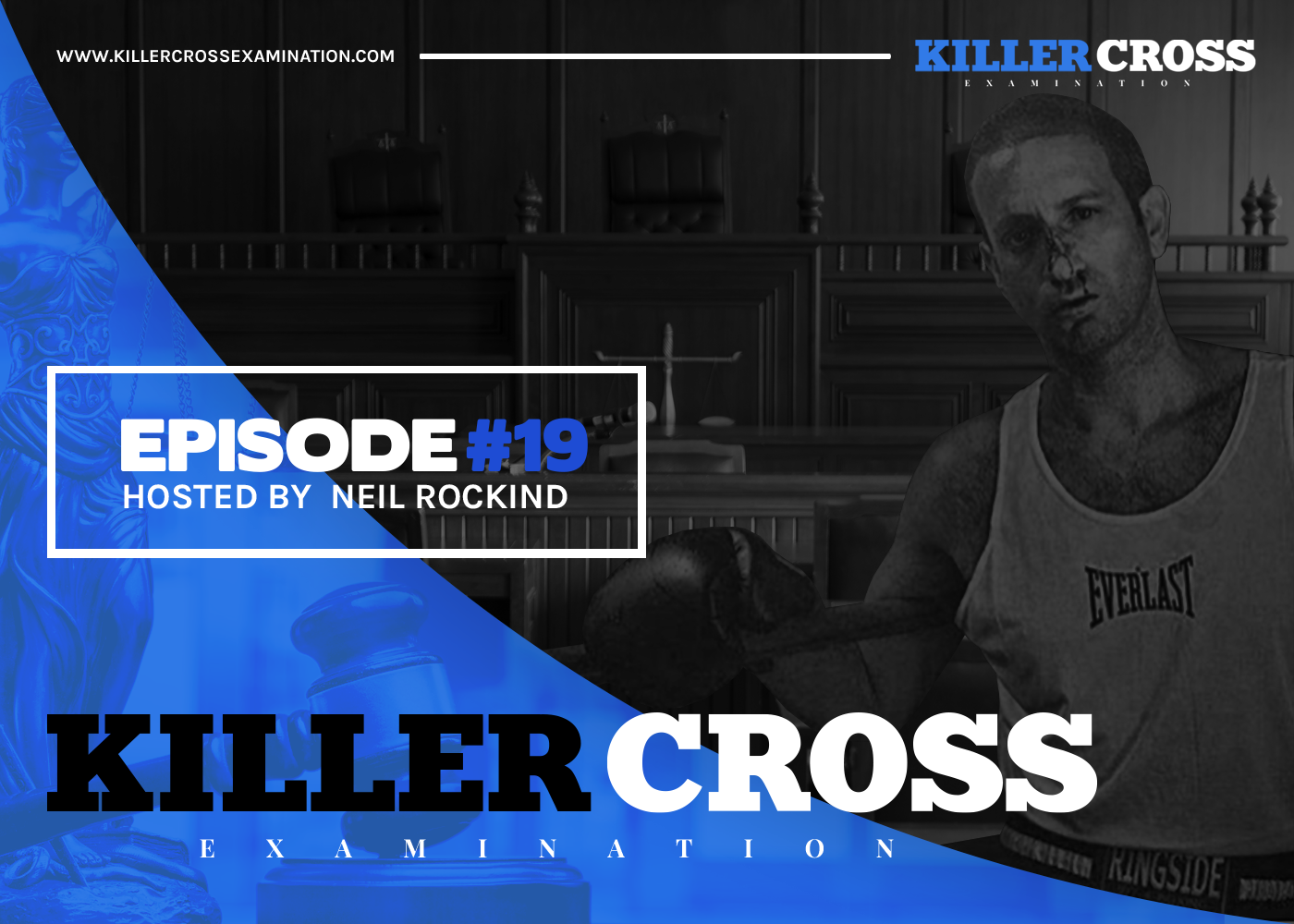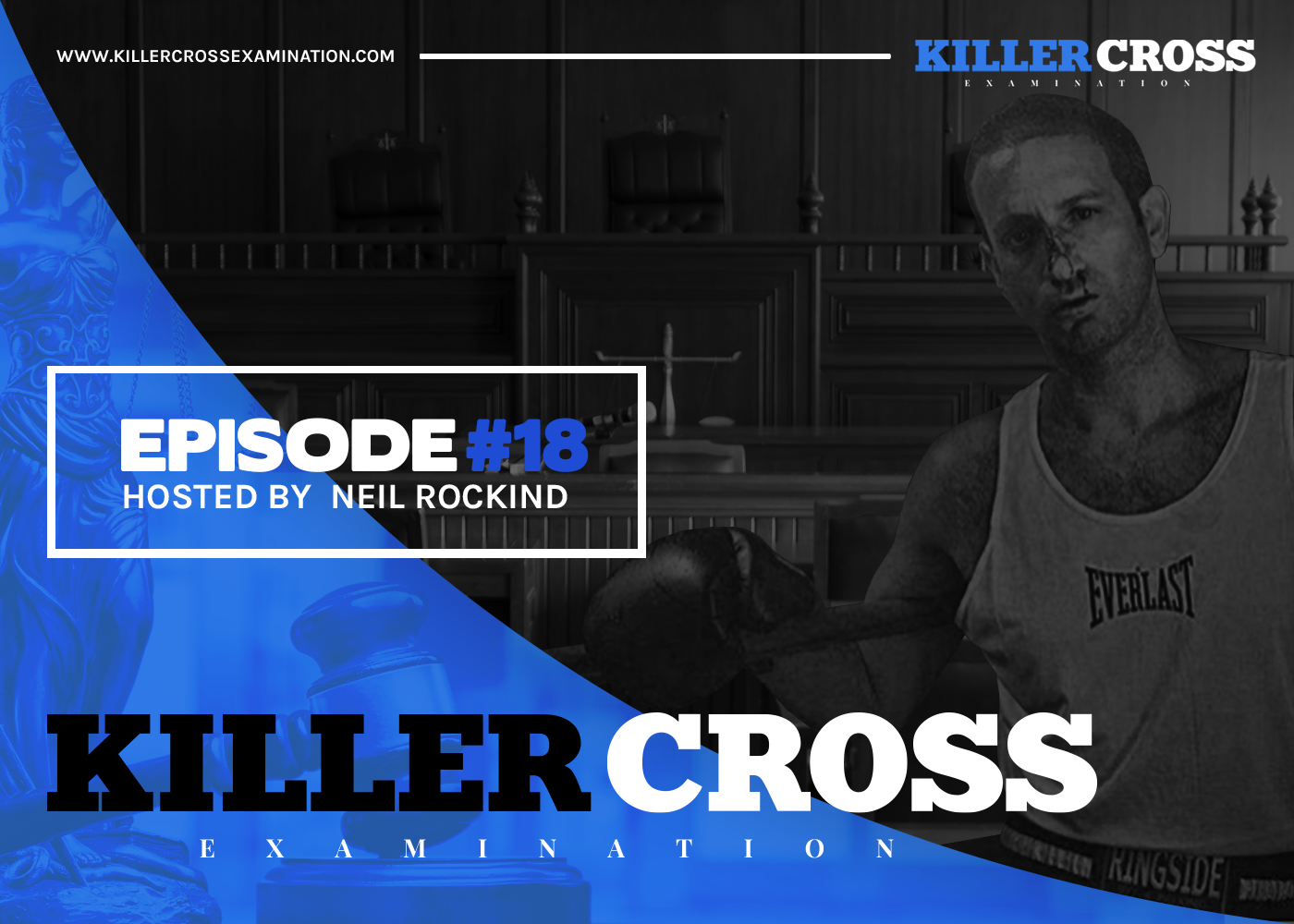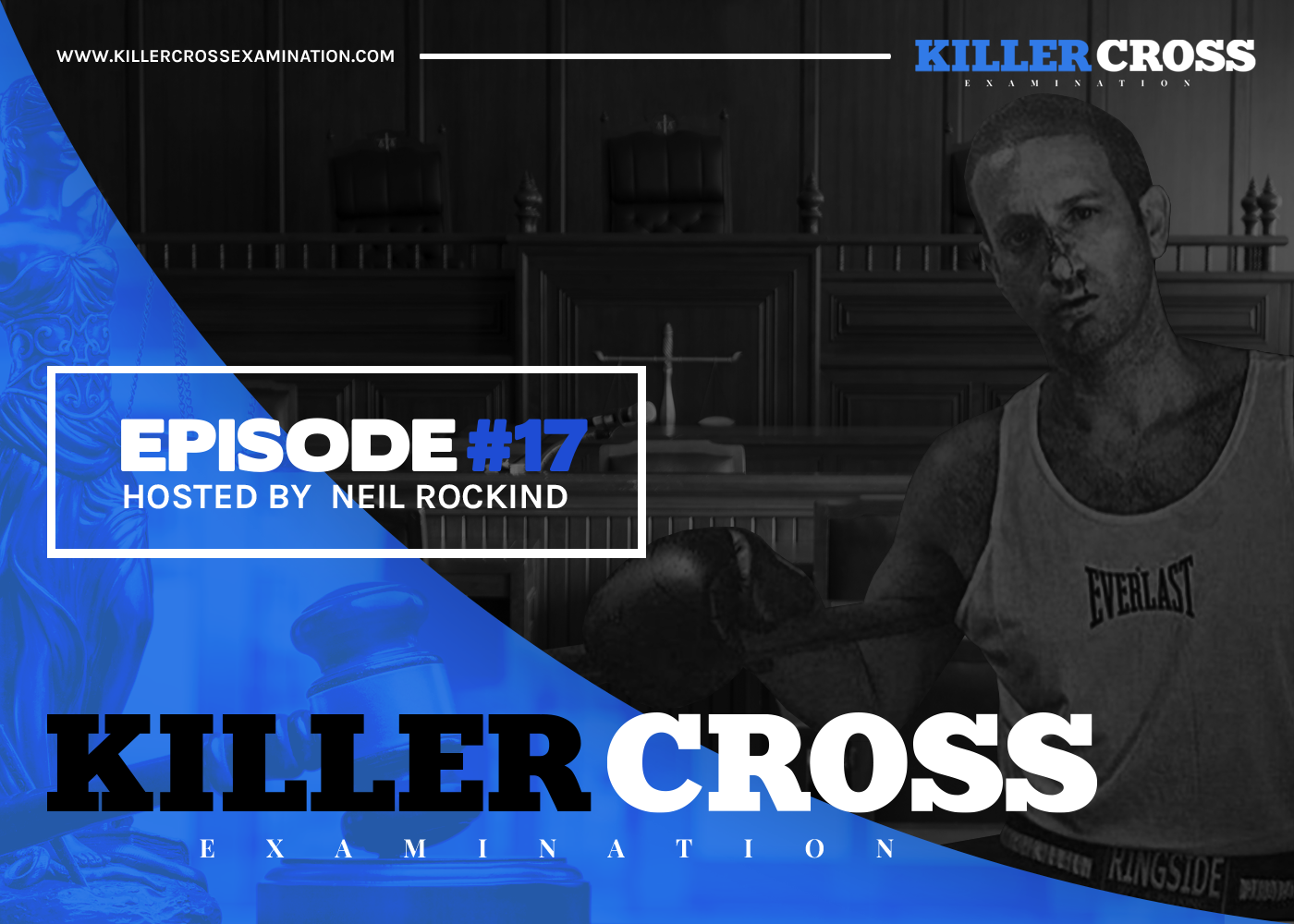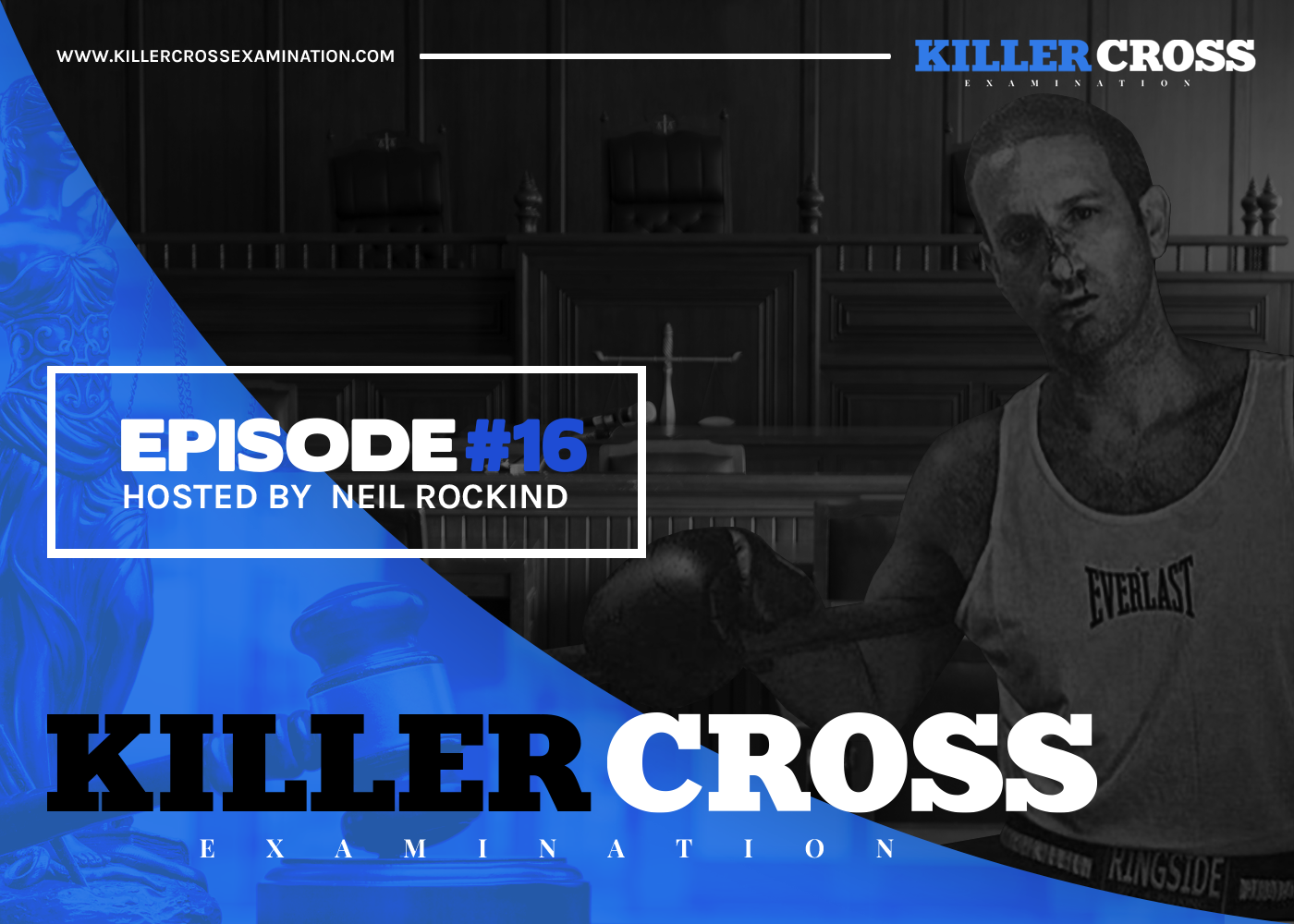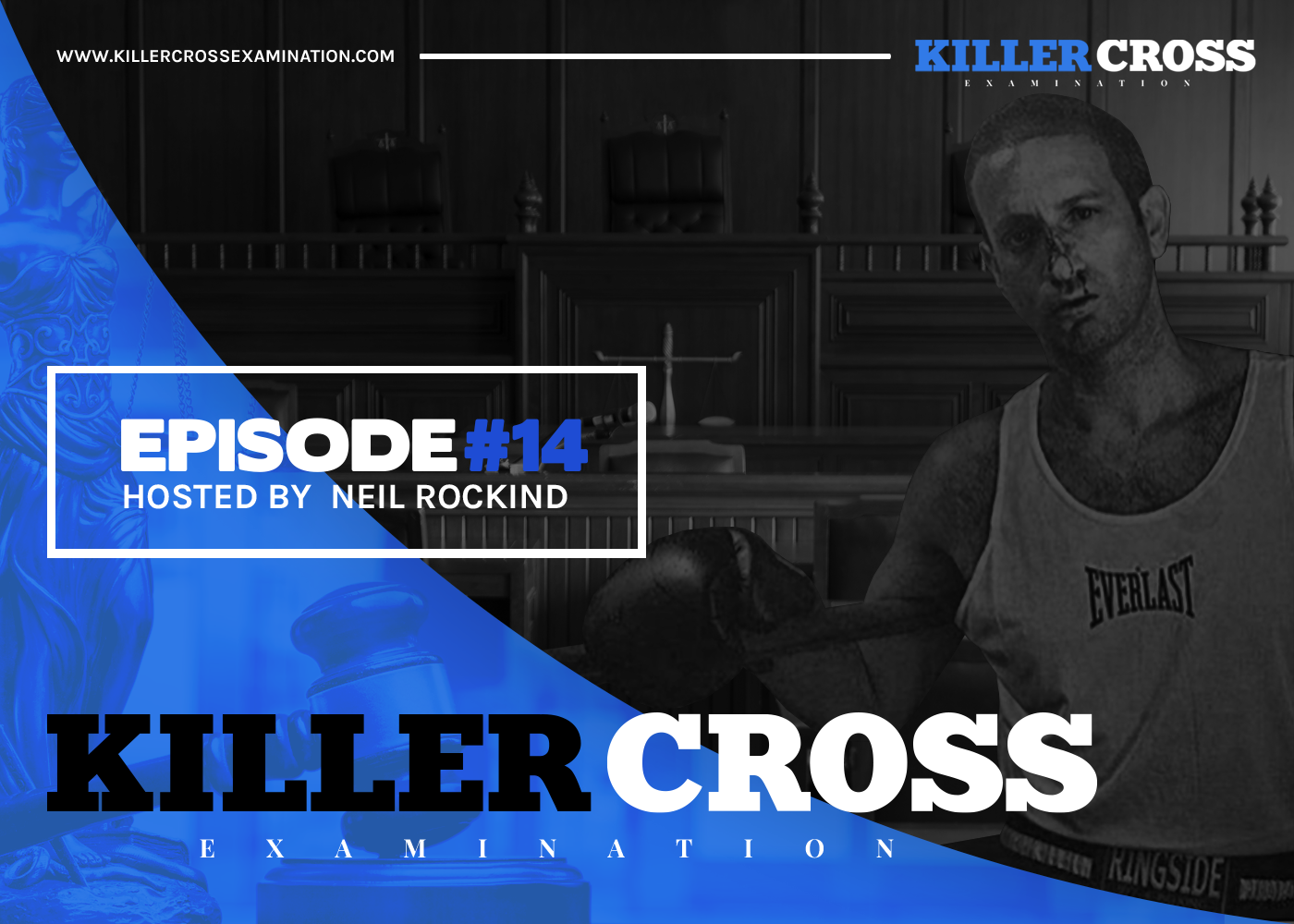In January, 2020, the Michigan State Police Breath Alcohol Program, responsible for overseeing the “breathalyzer” program in Michigan was rocked by scandal. At first, MSP fired the company servicing the machines. But that was only the tip of the iceberg. Soon allegations of fraud and misrepresentation were levied against technicians who worked side by side with the MSP in servicing and maintaining the machines. Soon after Rockind Law began a search for evidence of the real story – the truth behind the scandal. We obtained thousands of pages of reports, documents, etc. Some were obtained under a protective order. Others obtained through FOIA. Despite the fraud, prosecutors pushed forward trying to “get around” the issues of fraud and misrepresentation. Key to the prosecution’s efforts to salvage the cases and the breath test program was a figure, a toxicologist who was the technical leader of the program. They planned on him being their savior.
For months, I’ve been preparing to cross examination this expert with the intention to reveal the truth, to shine a light in the dark corners of the breath alcohol program, to expose them. The cross examination, watched and followed by many, is now in Part/Phase 3. I write about some of the revelations that have come out so far. This will blow your mind.
The breathalyzers and the technicians, long touted as seemingly perfect and beyond question, were far from it. The cross examination revealed that the leaders had their own opinions and conversations about the technicians, the quality of their work, the machines, etc., none of which was shared with the public. Some machines were referred to as “repeat offenders”, the “instrument from hell”, on a top 25 bad machine list and even a POS. When questioned, the MSP expert said that he believed that POS stood for “Point of Sale.”
Tune in and listen to the first installment of this killer cross examination on the subject of the breath test program and the MSP expert.
Please be aware we are relying on impressions, recollections, memories and interpretations.

